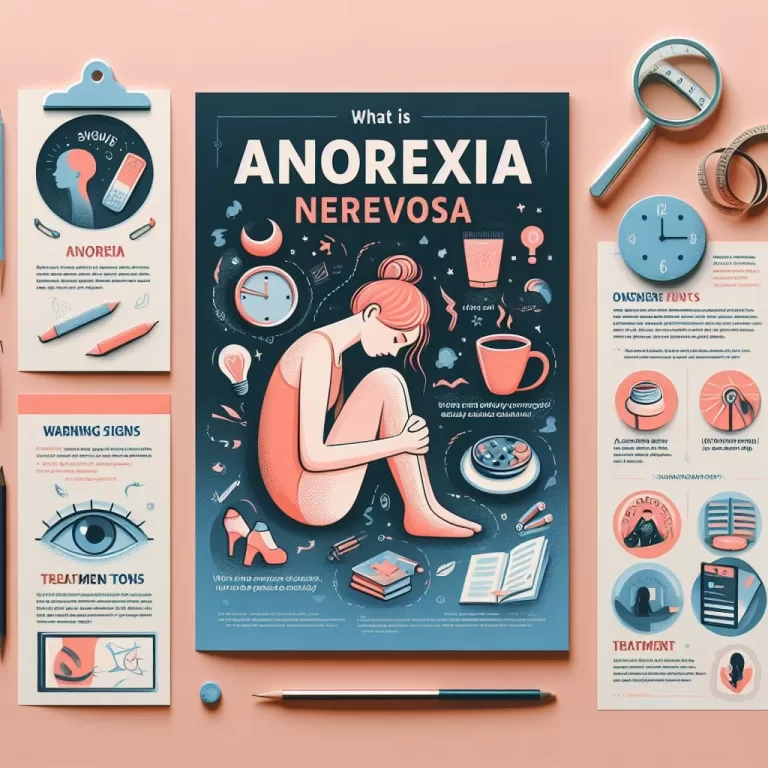Low body weight
**Low Body Weight: A Comprehensive Overview**
Low body weight, characterized by a BMI (Body Mass Index) below 18.5, can have significant implications for an individual’s health. This article explores the causes, consequences, and management of low body weight.
**Causes:**
* **Nutritional Deficiencies:** Including malnutrition, eating disorders, and malabsorption conditions.
* **Chronic Diseases:** Such as cancer, HIV/AIDS, and gastrointestinal disorders.
* **Genetic Factors:** Certain genetic mutations can influence body weight regulation.
* **Lifestyle Factors:** Heavy exercise, excessive caffeine consumption, and substance abuse.
**Consequences:**
* **Malnutrition:** Leading to fatigue, nutrient deficiencies, and weakened immune system.
* **Hormonal Imbalances:** Affecting growth, metabolism, and reproductive function.
* **Osteoporosis:** Due to decreased bone mineral density.
* **Impaired Immune Function:** Increasing susceptibility to infections.
**Management:**
* **Dietary Interventions:** Ensuring adequate caloric intake, nutrient balance, and avoiding restrictive diets.
* **Weight Gain Supplements:** Such as protein shakes and high-calorie drinks.
* **Underlying Conditions:** Addressing underlying medical conditions causing weight loss.
* **Behavioral Therapy:** Addressing body image issues and promoting healthy eating habits.
By understanding the complexities of low body weight, individuals can actively address this condition and improve their overall health.
Anorexia Nervosa Restricting Type: A Comprehensive Guide

All forms of anorexia nervosa feature behaviors of calorie restriction. When you primarily manage your weight through dieting, fasting, and excessive exercise, you may be living with restrictive-type anorexia nervosa. Eating disorders involve long-term eating patterns that affect your physical,…
